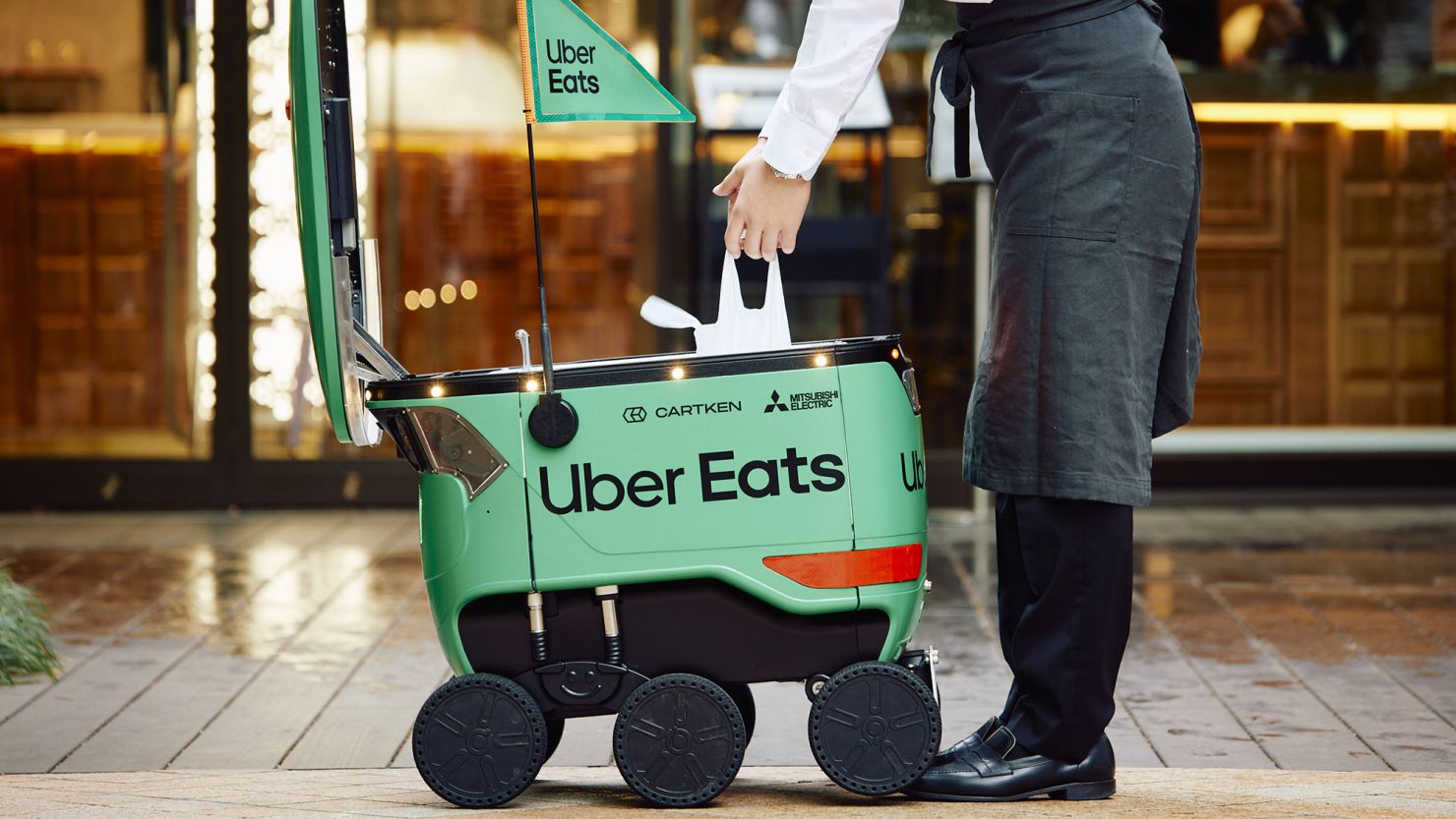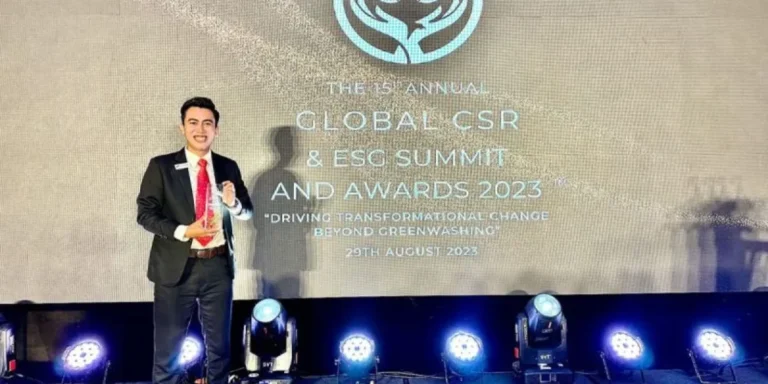New York — In a recent legal decision that has stirred public debate, a New Jersey couple severely injured in an Uber accident has been blocked from suing the ride-hailing company due to an arbitration clause linked to an Uber Eats order. John and Georgia McGinty, who were involved in a near-fatal accident in March 2022, were passengers in an Uber when their driver ran a red light and collided with another vehicle, resulting in catastrophic injuries. Despite the severity of the crash, a court has ruled that they are bound by an arbitration agreement they unknowingly accepted through a food delivery service.
According to court documents, the McGintys’ Uber vehicle was T-boned by another car after their driver recklessly sped through an intersection. The impact left Georgia with multiple fractures, including serious injuries to her cervical spine, ribs, and other parts of her body, necessitating extensive medical procedures and long-term rehabilitation. John sustained a fractured sternum and diminished use of his left wrist, adding to the physical and emotional toll of the accident.
In an attempt to hold Uber accountable, the couple sought a jury trial to address their injuries, which they described as having life-changing consequences. However, their legal pathway was obstructed when an appellate court ruled that they had already agreed to Uber’s updated terms of service, which include a binding arbitration clause that applies to both Uber Eats and Uber rides. The McGintys argue that it was their underage daughter who accepted the terms while using Georgia’s phone to order food through Uber Eats, but the court upheld the arbitration agreement, ruling it valid and enforceable.
Uber has defended its position, emphasizing that Georgia had agreed to the terms of service multiple times, including in early 2021. The company also pointed out that the McGintys continued using the Uber app after accepting these terms, reinforcing the argument that the couple is bound by the arbitration clause. This clause, as outlined in Uber’s terms of use, mandates that disputes, including those related to auto accidents and personal injuries, must be resolved through arbitration and not in a public court.
The court’s ruling overturned a previous decision by a lower court, which had found that the arbitration clause was not enforceable. The lower court had argued that Uber failed to clearly inform users of the waiver of their right to pursue claims in court. However, the appellate court sided with Uber, stating that the terms were sufficiently clear and that the agreement to arbitrate was binding.
The McGintys expressed their deep disappointment with the decision. In a statement to CNN, they said they were “shocked and devastated” by the ruling and warned that it sets a dangerous precedent for consumers. “This ruling suggests that large corporations can effectively shield themselves from being held accountable for negligence, all through a few lines of fine print in a user agreement,” the couple stated. Their attorneys are currently exploring options for appealing the decision, including a possible petition to the New Jersey Supreme Court.
Arbitration Clauses Under Scrutiny
The McGintys’ case has reignited public debate over the use of binding arbitration clauses in consumer agreements, particularly within the tech and services industries. Critics argue that such clauses unfairly disadvantage consumers by forcing them into private arbitration, which can be less transparent and offer fewer protections than a public trial. Arbitration agreements are frequently buried in lengthy terms of service documents that many users accept without fully understanding the implications.
This case comes on the heels of a similar legal dispute involving Disney, where the entertainment giant attempted to invoke an arbitration clause in a wrongful death lawsuit. The widower of a woman who died after suffering an allergic reaction at a Disney resort restaurant sought damages, but Disney initially moved to shift the case to arbitration. Following public backlash, Disney reversed its stance, allowing the lawsuit to proceed in court. The incident drew attention to the growing use of arbitration agreements, which many argue favor corporate interests over consumer rights. For the McGintys, the path forward remains uncertain, but they are determined to continue their fight for justice despite the legal hurdles they now face.









